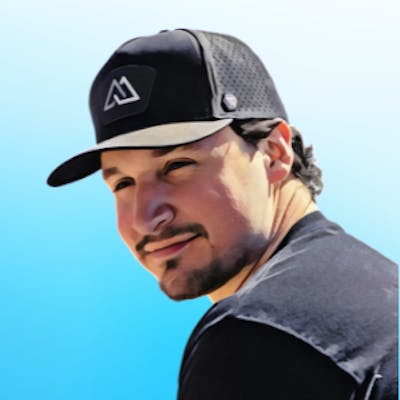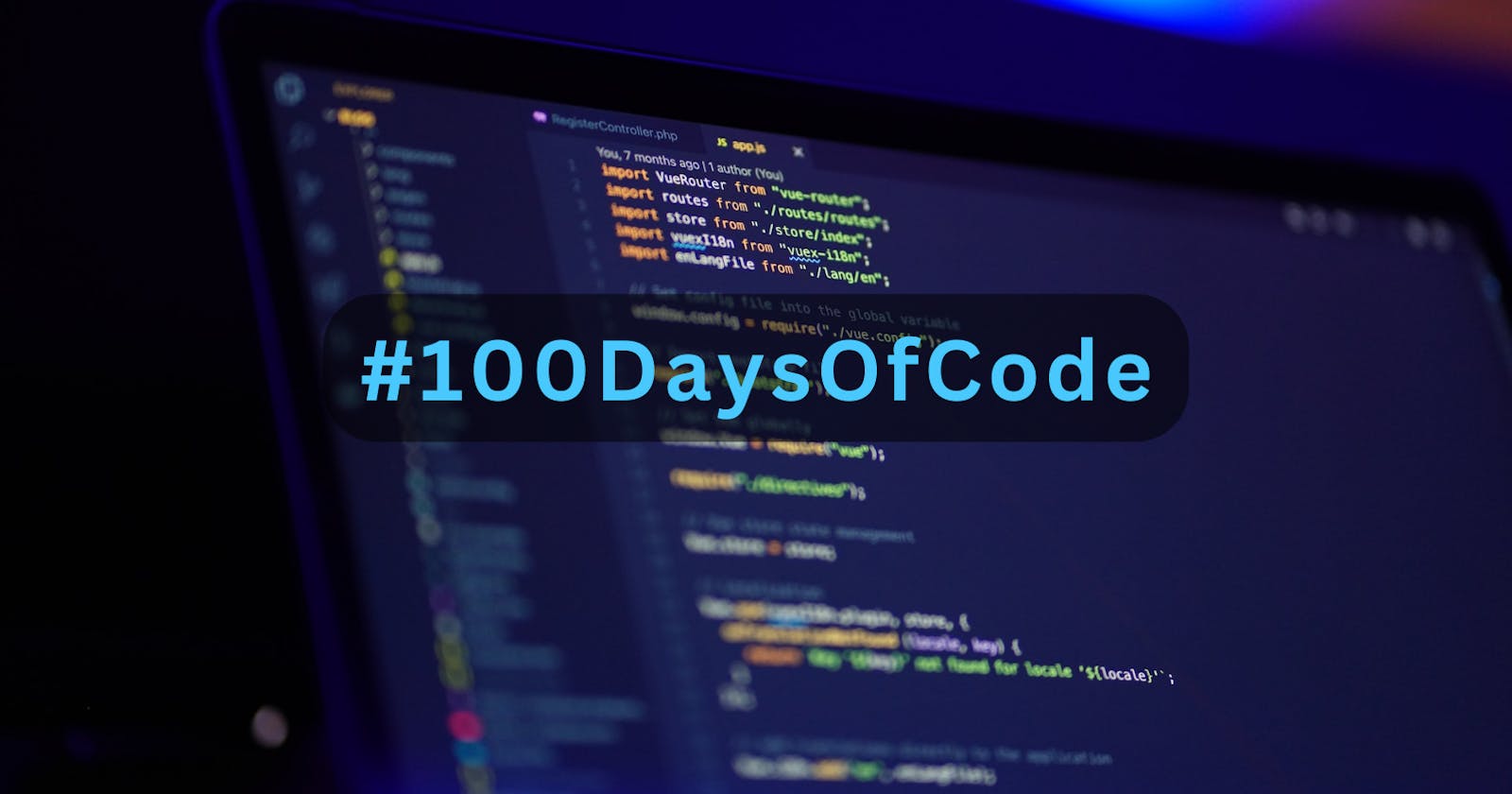I’m excited to share that I have just completed the #100DaysOfCode challenge! This is my first successful completion, marking a significant milestone on my journey to becoming a professional software developer.
About the Challenge
The challenge, 100 Days Of Code, has turned into a global movement since being created by front-end web developer Alexander Kallaway. It requires a public commitment to spend at least an hour each day learning to code for 100 consecutive days while sharing updates using the hashtag #100DaysOfCode.
The purpose of the challenge is to instill discipline and consistency in coding, while also building a community of like-minded individuals. I believe the challenge represents not only the importance of forming habits but also the commitment to learning and collaboration required within any technical profession.
Getting Started
Inspired by the favorable experiences of other developers in the Twitter community who participated in this challenge, I was encouraged to give it a try. My goal was to develop my discipline and document my journey toward becoming a professional developer.
Before starting the challenge, I had been consistently learning code as a part of a full-stack web development bootcamp to begin honing my knowledge of JavaScript, React, and Redux. I found that sharing my learnings with a community allowed me to clarify critical concepts. Once I started the challenge, summarizing what I learned became a vital part of the challenge and my learning process. A testament to this process is a React application that I built as part of the bootcamp's React curriculum.
Discipline through Difficulties
One of the biggest hurdles I faced during the challenge was remaining disciplined each day. Some days were more difficult than others due to work or life responsibilities. I overcame this difficulty by shifting my schedule to dedicate at least one hour to coding every morning before work. Additionally, I split my coding time into manageable blocks using the Pomodoro technique, gradually progressing to 1-hour working blocks. The key is to work at your own pace and take frequent breaks to maintain motivation.
Planning for Success
If you're new to coding and planning to take on this 100-day challenge, I recommend preparing a learning plan and schedule. Whether you choose from the many online courses, bootcamps, or tutorials, find a resource that appeals to you and stick with it until the end. Following a curated program allows you to focus on learning rather than spending precious time compiling a hodgepodge of resources.
The Path Ahead
Having completed the challenge, I plan to take a short break from 100 Days Of Code before starting a second round in the future. I love the idea of using my second attempt to build 1-2 substantial projects with the technologies I've learned. In the meantime, I plan to continue coding every day, contributing to my GitHub profile, and building personal projects. I will continue to document my journey on Twitter and Hashnode.
Final Thoughts
I highly recommend anyone interested in software development or technology to take on this challenge. Not only will you grow your knowledge and self-discipline but you will also connect with fellow developers, mentors, and friends who will provide invaluable support to you along your journey. With proper preparation, discipline, and support, this challenge can be a rewarding experience for you. Best of luck and happy coding!

